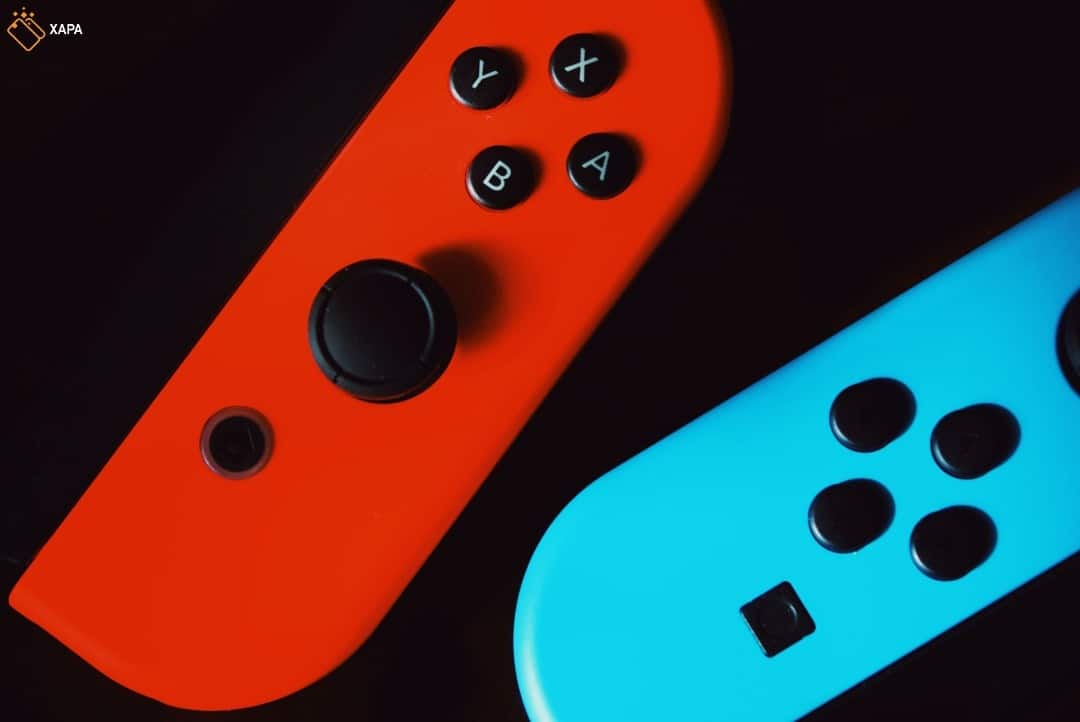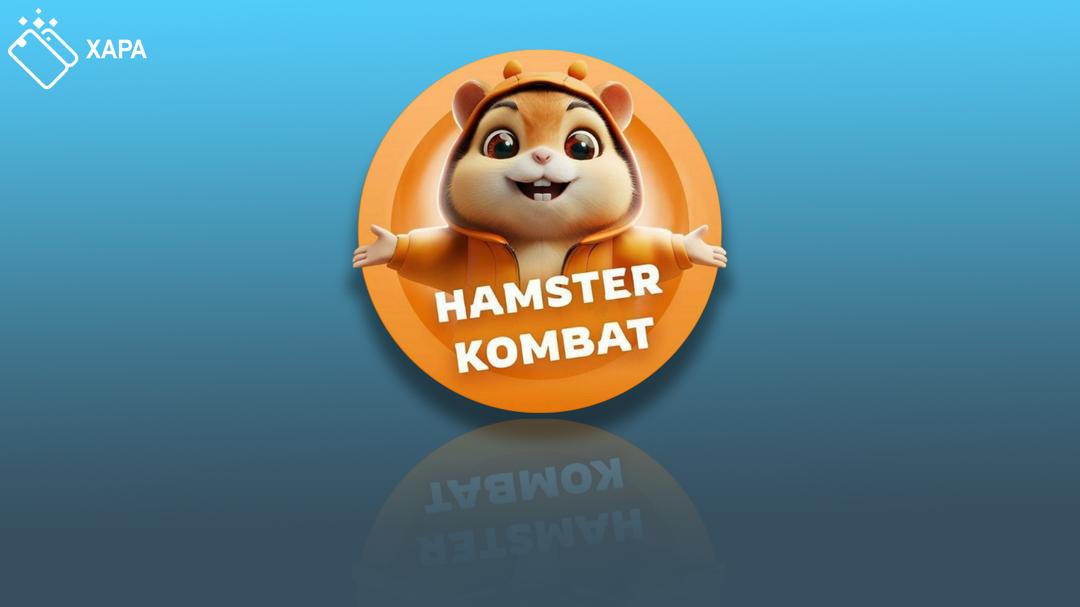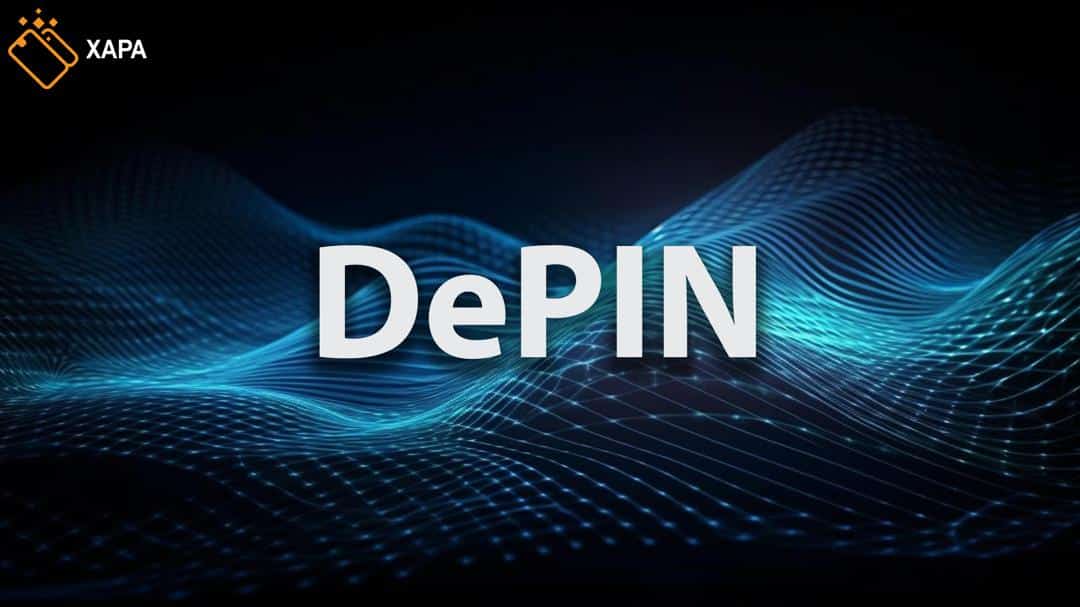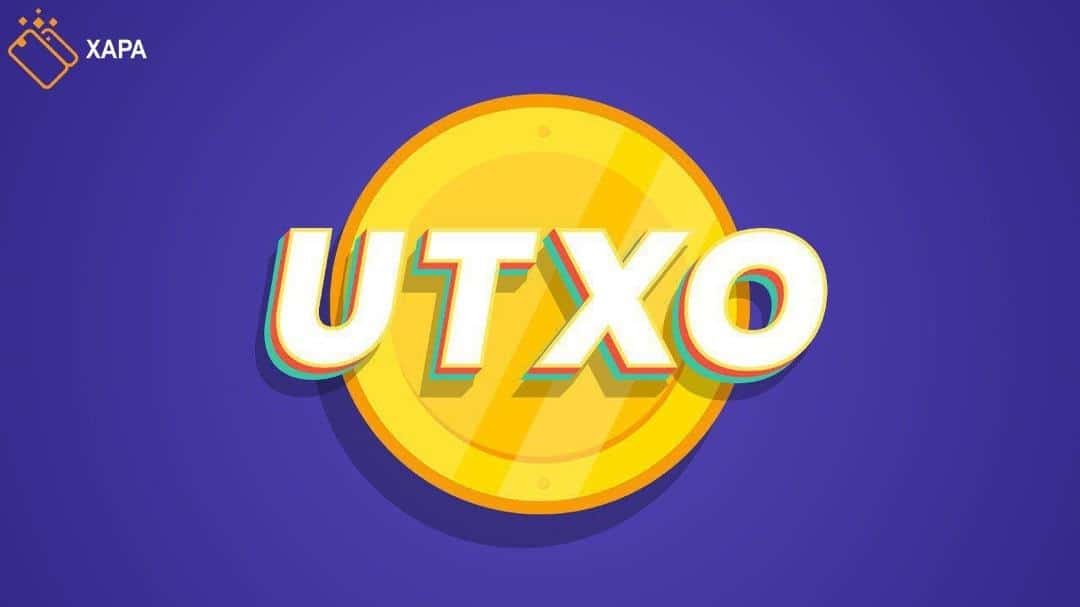
Blockchain Games and How They Work
Throughout their 50-year history, video games have always been a means of diversion, either to help improve your social skills, your mental health, manual dexterity, strategic or critical thinking, or to simply help you take your mind off a hard day’s work. Now, you can you do all that and earn rewards in cryptocurrencies as well!
Play-to-earn games (blockchain games), in simple words, are video games that reward players with things that have real-world value.
While some people have already been earning money from playing video games through “streaming” and other practices, the emergence of blockchain technology and NFTs has brought about some huge changes to the video game industry. Play-to-earn games are different with regular games in that you don’t have to be a professional ‘esports’ gamer or a streamer that attracts a large following in order to be able to monetize your playtime. If you are interested in video games, you are given the opportunity.
In-game items in regular games do not belong to the players. It is in fact the company that created the game that owns all the material. Thanks to NFTs, however, blockchain games allow players to take ownership of the material, whether it be plots of land, virtual clothing, or customizable accessories. Players can actually purchase unique assets (NFTs) and even sell them outside of the platform, enabling them to trade their in-game items for fiat currency on any NFT marketplace.
All that being said, although some argue that play-to-earn games give players the opportunity to receive rewards with real-world value for an activity they would otherwise have undertaken for free, many gamers have expressed disapproval over what they call an unwelcome intrusion of business and trading into the world of gaming.
Some examples of play-to-earn games
With a total trading volume of $3.8 billion and 2.8 million daily users, Axie Infinity, a Pokémon- style monster-battling game, is currently the most popular play-to-earn game by far. Axie Infinity is helping crypto adoption as well, according to the data revealed by its co-founder Aleksander Leonard Larsen as half of the game’s population have never used crypto before.
Aavegotchi is another blockchain-based game and functions as a DeFi protocol for staking and NFTs that is funded by Aave. In Aavegotchi, players can use GHST tokens to purchase cartoon creatures called Gotchis, upgrade and customize them, and eventually trade them.
The mainstream gaming industry also seems quite interested in NFTs and blockchain games as video game giant Ubisoft announces plans for Ubisoft Quartz; a platform that allows users purchase and win NFTs based on the Tezos blockchain.
Follow Xapa on social media for more!





